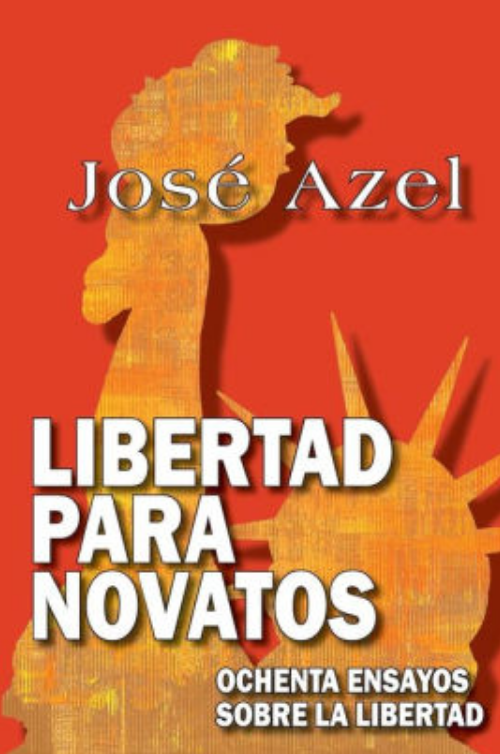| For historians of the United States’ Civil War, the “Lost Cause” is an ideological movement that romanticizes the Confederate cause as a heroic fight against great odds. The Lost Cause ideology seeks to highlight the alleged virtues of the antebellum South; it portrays the Civil War as an honorable struggle in defense of the Southern way of life. |
|
Most controversially, the Lost Cause ideology whitewashes the horrors of slavery portraying it as more compassionate than cruel, and claiming that it taught Christianity and civilized values. Lost Cause advocates ignore the Confederate’s shortcomings, and blame their defeat on the massive superiority of the Yankee industrial machine. Proponents of the Lost Cause also claim that the Reconstruction that followed the Civil War was an attempt by Northern politicians, financial manipulators and “carpetbaggers” to undermine the Southern way of life.
There is, of course, a more honest and accurate version of Civil War history that dismisses Lost Cause ideology as a myth. However, it must be conceded that Lost Cause ideas and iconography have penetrated the American conscience. This debate played out recently, literally in the public square, with the movement to remove Confederate monuments. It is proving to be very hard to untangle the Lost Cause myth from American history.
Similarly, many Latin American countries have developed their own Lost Cause narrative in which “Yankee Imperialism,” and not their own shortcomings, is responsible for Latin America’s economic underdevelopment. For example, one narrative of the Latin American myth of the Lost Cause is the Dependency Theory argument which claims that resources flow, in an exploitative manner, from a “periphery” of poor underdeveloped states to a “core” of wealthy states.
A central contention of Dependency Theory is that the core states became rich at the expense of impoverishing the periphery states. In this narrative, just like in the Lost Cause account of Reconstruction in the American South, Latin American development was the victim of the greedy Northern corporations. This narrative ignores Latin America’s history of failures of public policy, its statism and endemic corruption, and other ills. And, in classic Lost Cause fashion, it romanticizes the virtues of Hispanic culture.
The 2017 Corruption Perceptions Index, produced by Transparency International, reveals that the public sectors of most Latin American countries are highly corrupt, and are making little progress in ending corruption. The index ranks 180 countries by their perceived levels of public sector corruption, using a scale from “very clean” to “highly corrupt.” In Latin America, only Uruguay and Chile rate close to “very clean” with world rankings of number 23 and 24 respectively. For reference, the United States is ranked as number 16. Practically every other Latin American country scores in triple digits towards the “highly corrupt” end of the rankings, e.g., Nicaragua #151, Haiti #157, Venezuela #169.
Latin American corruption is, in part, a result of an excessively large government sector, and government intrusion in the economy. The result is too many government officials interfering with people’s lives and their livelihood. This is the kind of corruption- where bribery and lucrative government contacts prevail- that undermines confidence, not just in government, but in human nature itself. And, in the public mind it is not government inefficiency and corruption that is culpable for the region’s economic underdevelopment: The responsibility falls on “Yankee Imperialism.” Like its American counterpart, Latin Americas’ myth of the Lost Cause has penetrated public consciousness.
Sadly, this prevailing myth prevents the region from looking inwardly for methods to curb corruption and increase government accountability. In the realm of the possible, one approach is to reduce the separation between government and the people. Structurally this means a genuine federalist type of government where economic power is vested mostly in state and local governments rather than in an all powerful national government.
Federalism does not immunize government against corruption. But, by dealing in smaller sums of money, and by being closer to the people, federalism provides disincentives for corrupt behavior, and incentivizes effective government. And just as importantly, federalism, and its concomitant personal responsibility, undermine the mythology of the Lost Cause.
Please let us know if you  this article. this article. |
|
We welcome your feedback.
Abrazos,
Lily & José
(click on the name to email Lily or Jose) |
|
|
|
|










No comments:
Post a Comment